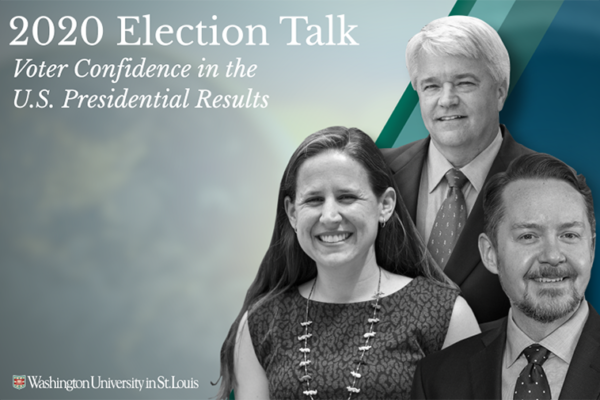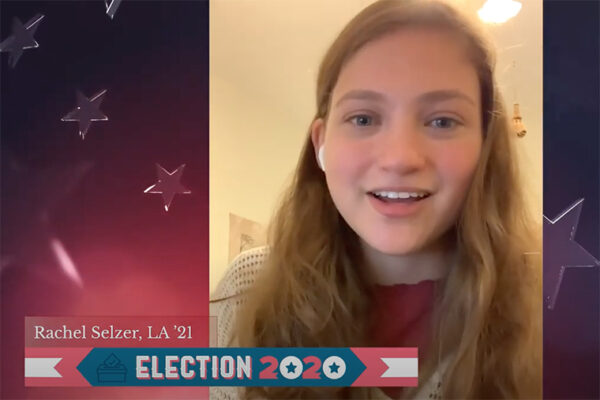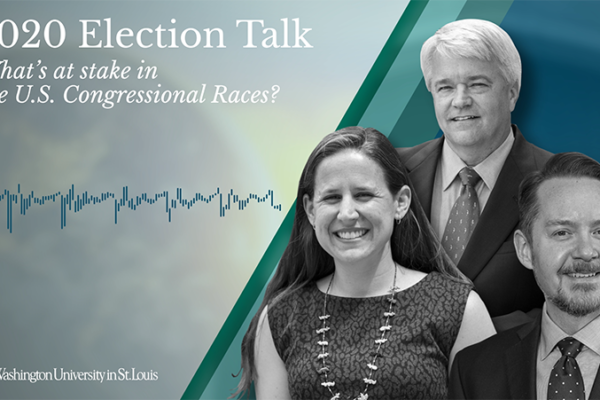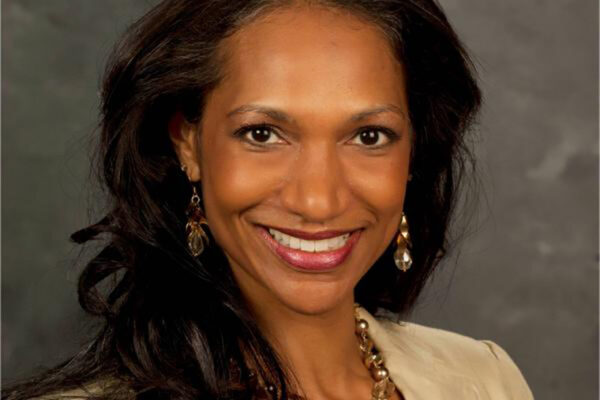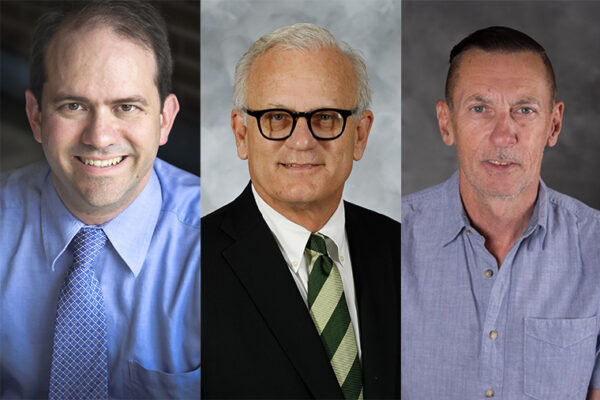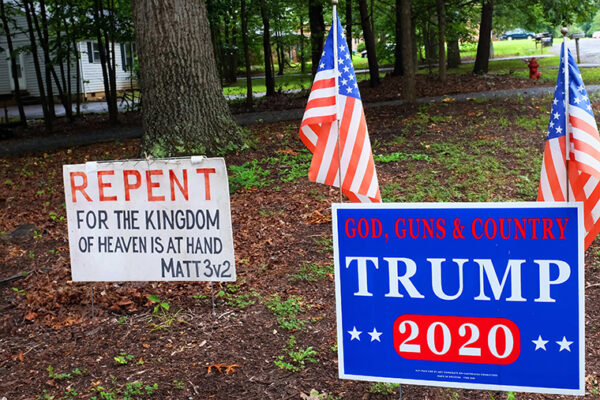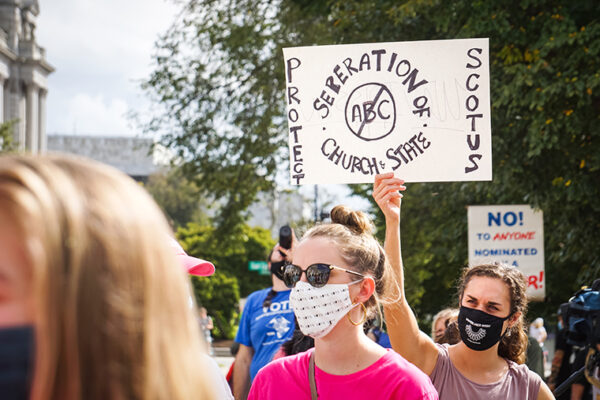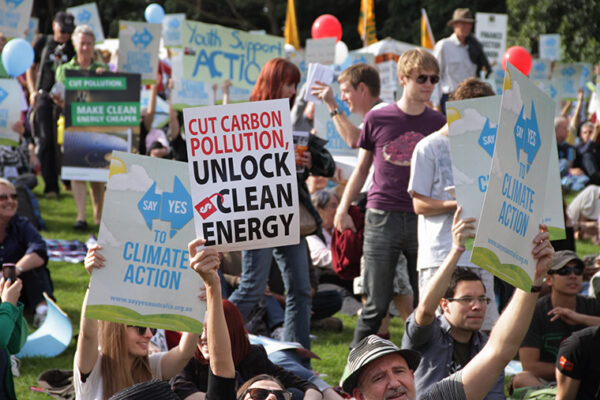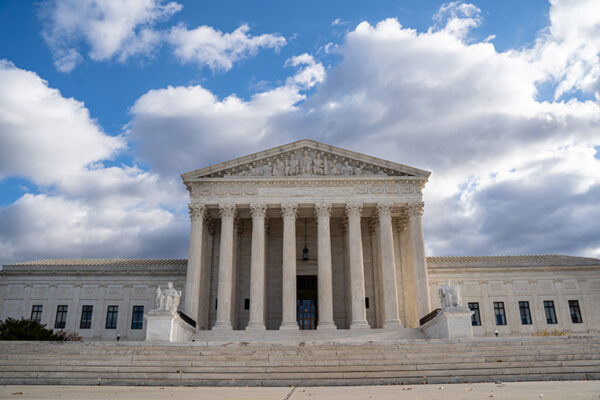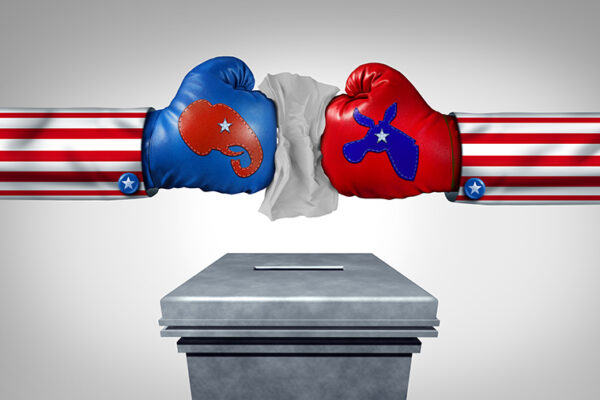2020 election talk: Voter confidence in U.S. presidential results
Recently, Washington University in St. Louis political experts Steven Smith, Betsy Sinclair and Andrew Reeves sat down to discuss the reliability of the 2020 polls, as well as election integrity and voter confidence in the election outcome.
‘Your voices are exactly the voices the world needs right now’
At a time when Americans are increasingly polarized and partisans share a mutual disdain for one another, students in Betsy Sinclair’s “Public Opinion and American Democracy” course at Washington University in St. Louis are learning how to bridge the divide.
2020 election talk: Congressional races
Three political science experts at Washington University in St. Louis discuss the battle for control of the U.S. Senate and House. This roundtable discussion is the first of a two-part 2020 election series aimed to help listeners better understand the news, polls and issues in this year’s election.
Parikh co-edits collection documenting Ferguson uprising, afterlives
Shanti A. Parikh, associate professor of anthropology and African & African American studies, both in Arts & Sciences, co-edited a collection, “@Ferguson: Still Here in the Afterlives of Black Death, Defiance and Joy,” published in social and cultural anthropology’s flagship journal, American Ethnologist.
2020 election and the economy
Three experts from the Olin Business School at Washington University in St. Louis weigh in on President Trump’s record, the state of the economy and what to expect from a second Trump term or a Biden administration.
Religion and the 2020 election
According to Lerone A. Martin, director of American Culture Studies and associate professor of religion and politics and of African and African-American studies, all in Arts & Sciences at Washington University in St. Louis, modern evangelical voters have supported political candidates for myriad reasons, not all of which are in line with traditional Christian values.
Judge Barrett’s religion not a confirmation issue
Questions about Amy Coney Barrett’s religious affiliation and beliefs have dominated public discussion since President Trump announced that she was his pick to fill the U.S. Supreme Court seat left vacant by Ruth Bader Ginsburg’s passing. While her Catholicism is considered controversial by some, should it impact her confirmation? A Washington University in St. Louis law professor weighs in.
Funding climate action policies: Consumers weigh in
A new study involving Washington University in St. Louis researchers finds consumers across the United States and in some European countries are ready to start paying for climate action now.
Supreme nomination system ‘makes no sense’
Daniel Epps, associate professor in the School of Law at Washington University in St. Louis, and Steven Smith, Kate M. Gregg Distinguished Professor of Social Science, weigh in on who has the most to lose before the election if a nomination is completed, how this situation differs from the Senate-stalled Merrick Garland nomination in 2016 and why the nomination system needs to change.
Rigged election? Partisans view threats to election integrity differently
Even before they cast their votes, partisans of different stripes are poised to question the legitimacy of the election outcome, but for different reasons. According to political scientist Steven Smith at Washington University in St. Louis, findings of The American Social Survey, sponsored by the university’s Weidenbaum Center, indicate that the intensity of candidate and media attention about voting fraud threats — real or not — is influencing views of the legitimacy of the election outcome in November.
View More Stories
